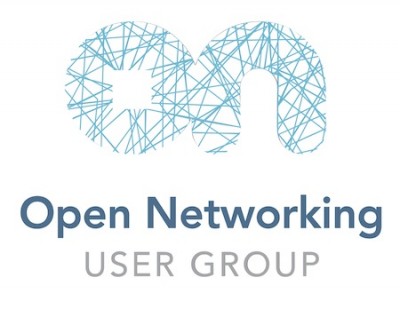In a world of networking built on standards, the hottest new technology isn't anywhere close to...
Author - Ethan Banks
The Complex Simplicity of SD-WAN
SD-WAN is a simple solution for a complex problem. But are network engineers contributing to the...
Operationalizing Open Networking – It’s Going To Be...
This is post 5 of 6 in the series “ONUG Spring 2015 Tech Talks” A series of tech talks...
The Potential of Open Networking
This is post 1 of 6 in the series “ONUG Spring 2015 Tech Talks” A series of tech talks...
The Scaling Limitations of Etherchannel -Or- Why 1+1 Does Not...
Some of you know I took on a new job earlier this year, where the challenge was (and is) to...
Breaking The Network, One /24 At ATime
I have been working on a project to migrate our remote office connectivity into a private WAN...
Coping Mechanisms For A Lying ARP Cache
Caches can be guilty of storing bad data. When they first learned their data, they had learned...
Traveling East-West Might Get A Little Easier: Highlights from...
TRILL is proposed with no technical implementation details in RFC5556 and can be encapsulated...
Don’t Drop The Baby: Data Center Bridging Wants Storage To Trust...
“Convergence†is a buzzword seen in the IT press constantly these days. All convergence means...
Assembly Required: A Basic Spanning-Tree Design for a Two-Tier...
An important element in beating back network chaos is a well-ordered spanning-tree. Spanning-tree...



